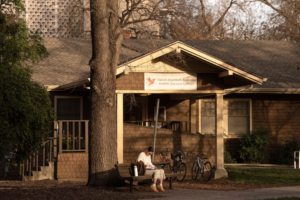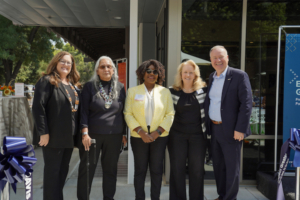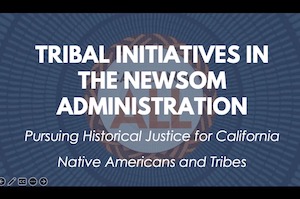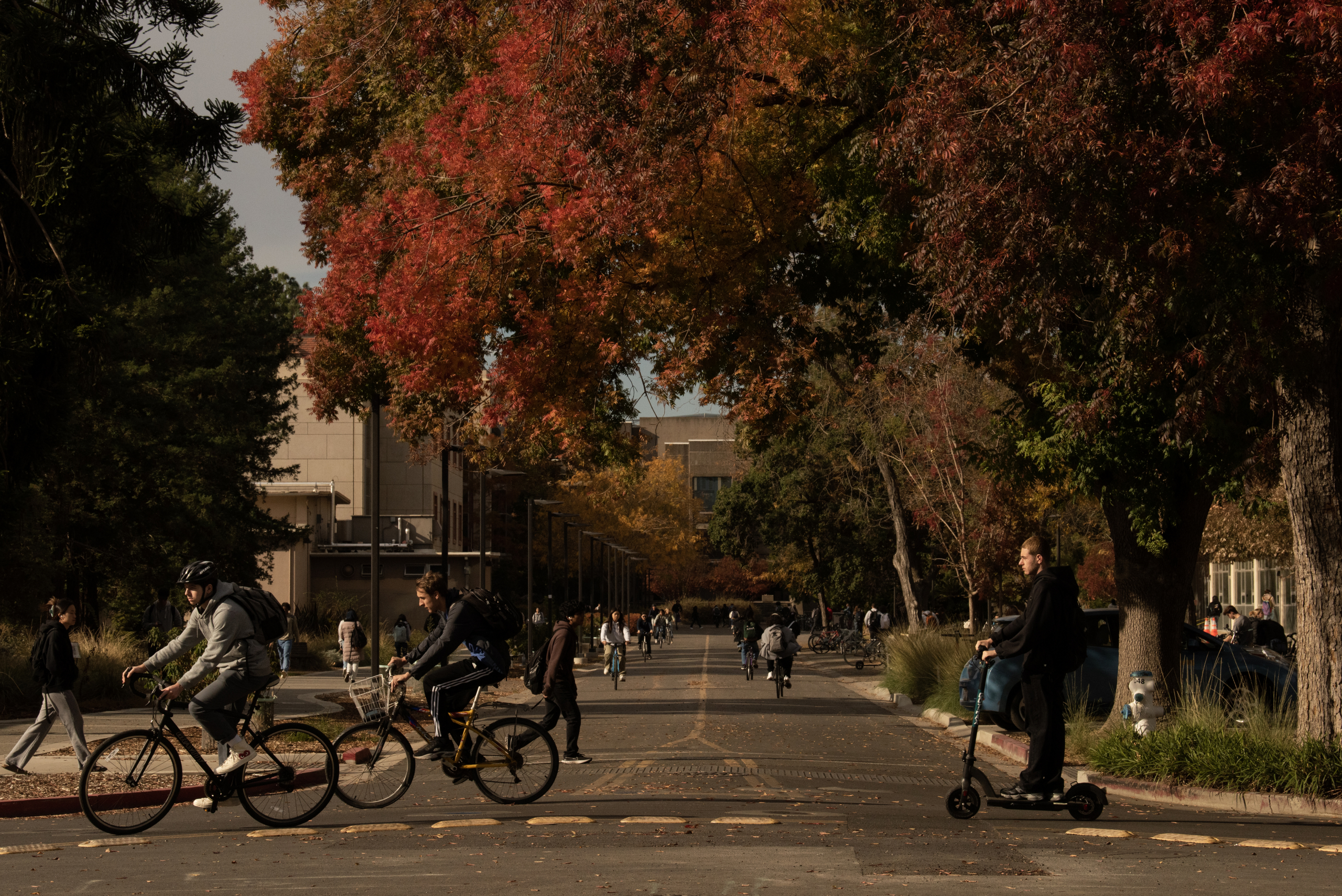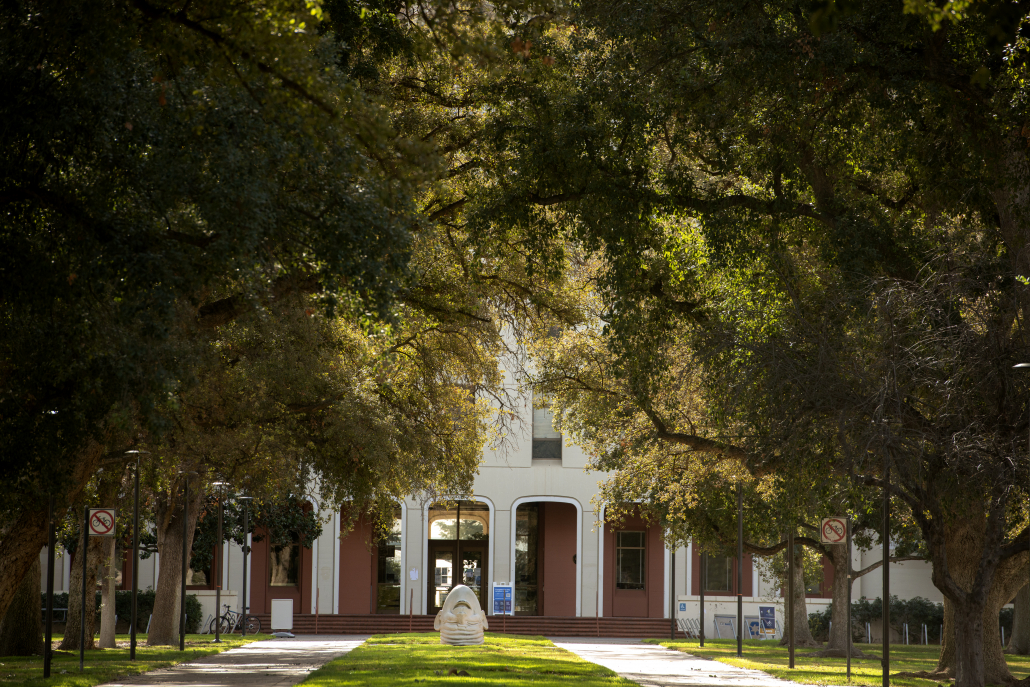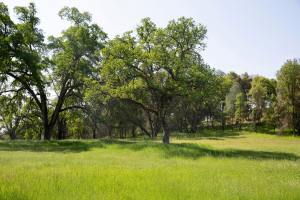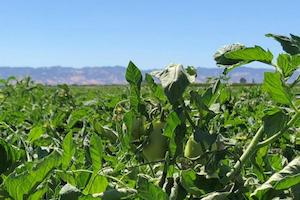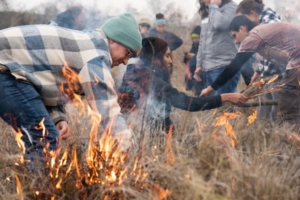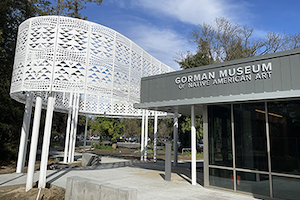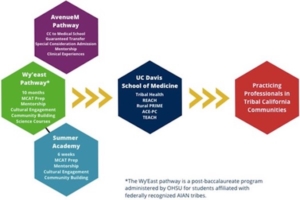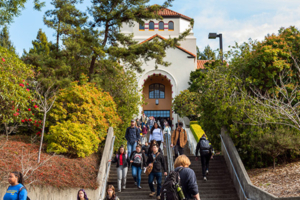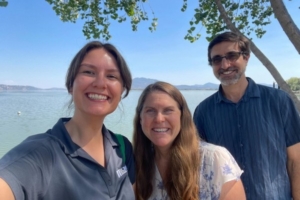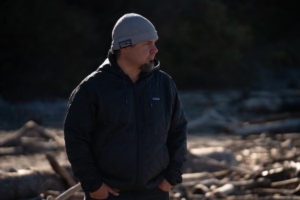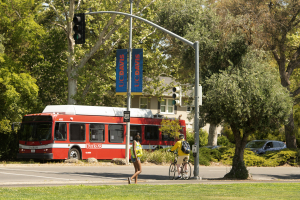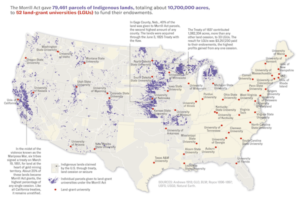About the Challenge
Land-grant universities were created in the 1800s to meet a growing demand for agricultural, research, innovation and technical education. Across the US, the endowments to create these institutions were established by seizing and selling nearly 11 million acres of Indigenous land.
UC Davis is committed to reckoning with and growing from its history to advance equity, build positive relationships with Native American communities, create opportunities for Native American students, and fulfill the promise to have a profound public impact on the world through teaching, research, and service.
Additionally, UC Davis is committed to fulfilling its land-grant mission to provide for the public good through a number of ways including a partnership with UC Agriculture and Natural Resources (UC ANR) division and its co-operative extension program. With a presence in every California county, UC Davis researchers and educators work directly with communities to support sustainable agriculture, climate resilience, public health, youth development, and economic vitality. These efforts are part of a broader commitment to ensuring that the university’s research and resources benefit all Californians, especially those in underserved and rural areas, and to fulfilling its role as a land-grant institution in a modern, inclusive, and community-driven way.
Grand Challenges works to reimagine UC Davis, beginning internally, by increasing university system effectiveness and efficiency; addressing barriers to diversity, inclusion, and equity; forging meaningful and respectful relationships with community partners and Native nations; and building transdisciplinary connections across campus for collaboration and innovation that result in exceptional public service.


